Here are some events that happened on April 20th. It could be an event or a person that died or was born on that day
1534 – Jacques Cartier begins his first voyage to what is today the east coast of Canada, Newfoundland and Labrador.
Jacques Cartier (December 31, 1491 – September 1, 1557) was a Breton explorer who claimed what is now Canada for France. Jacques Cartier was the first European to describe and map the Gulf of Saint Lawrence and the shores of the Saint Lawrence River, which he named "The Country of Canadas", after the Iroquois names for the two big settlements he saw at Stadacona (Quebec City) and at Hochelaga (Montreal Island).
Some stamps and a First Day Cover from France and Canada depicting Jacques Cartier
1808 Born: Napoleon III, French politician, 1st President of France (d. 1873)
Napoleon III (born Charles-Louis Napoléon Bonaparte; 20 April 1808 – 9 January 1873), the nephew of Napoleon I, was the first President of France from 1848 to 1852, and the last French monarch from 1852 to 1870. First elected president of the French Second Republic in 1848, he seized power in 1851, when he could not constitutionally be re-elected, and became the Emperor of the French. He founded the Second French Empire and was its only emperor until the defeat of the French army and his capture by Prussia and its allies in the Franco-Prussian War in 1870. He worked to modernize the French economy, rebuilt the center of Paris, expanded the overseas empire, and engaged in the Crimean War and the Second Italian War of Independence.
Napoleon III commissioned the grand reconstruction of Paris, carried out by his prefect of the Seine, Baron Haussmann. He launched similar public works projects in Marseille, Lyon and other French cities. Napoleon III modernized the French banking system, greatly expanded and consolidated the French railway system and made the French merchant marine the second largest in the world. He promoted the building of the Suez Canal and established modern agriculture, which ended famines in France and made France an agricultural exporter. Napoleon III negotiated the 1860 Cobden–Chevalier free trade agreement with Britain and similar agreements with France's other European trading partners. Social reforms included giving French workers the right to strike and the right to organize. The first women students were admitted at the Sorbonne, and women's education greatly expanded as did the list of required subjects in public schools.
In foreign policy, Napoleon III aimed to reassert French influence in Europe and around the world. He was a supporter of popular sovereignty and of nationalism. In Europe, he allied with Britain and defeated Russia in the Crimean War (1853–56). His regime assisted Italian unification by defeating the Austrian Empire in the Franco-Austrian War, and as its deferred reward later annexed Savoy and the County of Nice. At the same time, his forces defended the Papal States against annexation by Italy. Napoleon III doubled the area of the French overseas empire in Asia, the Pacific and Africa, however his army's intervention in Mexico, which aimed to create a Second Mexican Empire under French protection, ended in total failure.
From 1866, Napoleon had to face the mounting power of Prussia as its Chancellor Otto von Bismarck sought German unification under Prussian leadership. In July 1870, Napoleon entered the Franco-Prussian War without allies and with inferior military forces. The French army was rapidly defeated and Napoleon III was captured at the Battle of Sedan. The French Third Republic was proclaimed in Paris and Napoleon went into exile in England, where he died in 1873.
Some stamps of France and France Colonies general issues depicting Emperor Napoleon III
1912 Died: Bram Stoker, Anglo-Irish novelist and critic, created Count Dracula (b. 1847)
Abraham "Bram" Stoker (8 November 1847 – 20 April 1912) was an Irish author, best known today for his 1897 Gothic novel Dracula. During his lifetime, he was better known as the personal assistant of actor Sir Henry Irving, and business manager of the Lyceum Theatre in London, which Irving owned.
Stoker visited the English coastal town of Whitby in 1890, and that visit was said to be part of the inspiration for Dracula. He began writing novels while working as manager for Henry Irving and secretary and director of London's Lyceum Theatre, beginning with The Snake's Pass in 1890 and Dracula in 1897. During this period, Stoker was part of the literary staff of The Daily Telegraph in London, and he wrote other fiction, including the horror novels The Lady of the Shroud (1909) and The Lair of the White Worm (1911). He published his Personal Reminiscences of Henry Irving in 1906, after Irving's death, which proved successful, and managed productions at the Prince of Wales Theatre.
Before writing Dracula, Stoker met Ármin Vámbéry, a Slovak-Jewish writer and traveler (born in Szent-György, Kingdom of Hungary now Svätý Jur, Slovakia),. Dracula likely emerged from Vámbéry's dark stories of the Carpathian mountains. Stoker then spent several years researching Central and East European folklore and mythological stories of vampires.
The 1972 book In Search of Dracula by Radu Florescu and Raymond McNally claimed that the Count in Stoker's novel was based on Vlad III Dracula. At most however, Stoker borrowed only the name and "scraps of miscellaneous information" about Romanian history, according to one expert, Elizabeth Miller; further, there are no comments about Vlad III in the author's working notes.
Dracula is an epistolary novel, written as a collection of realistic but completely fictional diary entries, telegrams, letters, ship's logs, and newspaper clippings, all of which added a level of detailed realism to the story, a skill which Stoker had developed as a newspaper writer. At the time of its publication, Dracula was considered a "straightforward horror novel" based on imaginary creations of supernatural life. "It gave form to a universal fantasy ... and became a part of popular culture."
Stamps from Canada, Ireland and Romania depicting Bram Stoker's Dracula
1947 Died: Christian X of Denmark (b. 1870)
Christian X (Christian Carl Frederik Albert Alexander Vilhelm; 26 September 1870 – 20 April 1947) was King of Denmark from 1912 to 1947, and the last of the 30 Kings of Iceland (where the name was officially Kristján X) between 1918 and 1944. He was a member of the House of Glücksburg and the first monarch since King Frederick VII that was born into the Danish royal family; both his father and his grandfather were born as princes of a ducal family from Schleswig. Among his siblings was King Haakon VII of Norway.
His character has been described as authoritarian and he strongly stressed the importance of royal dignity and power. His reluctance to fully embrace democracy resulted in the Easter Crisis of 1920, in which he dismissed the democratically elected Social Liberal cabinet with which he disagreed, and installed one of his own choosing. This was in accordance with the letter of the constitution, but the principle of parliamentarianism had been considered a constitutional custom since 1901. Faced with mass demonstrations, a general strike organized by the Social Democrats and the risk of the monarchy being overthrown he was forced to accept that a monarch could not keep a government in office against the will of parliament, as well as his reduced role as a symbolic head of state.
During the German occupation of Denmark, Christian become a popular symbol of resistance, particularly because of the symbolic value of the fact that he rode every day through the streets of Copenhagen unaccompanied by guards. With a reign spanning two world wars, and his role as a rallying symbol for Danish national sentiment during the German occupation, he became one of the most popular Danish monarchs of modern times. King Christian X was known to parade through town on his horse, Jubilee.
Stamps from Iceland, Greenland and Denmark depicting Christian X
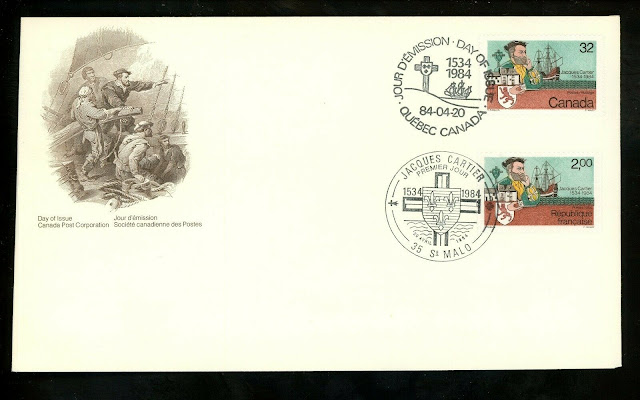

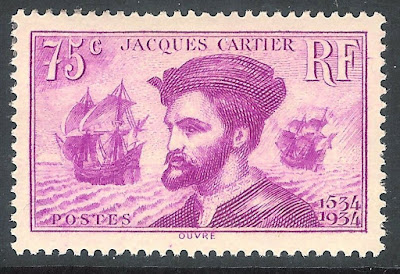
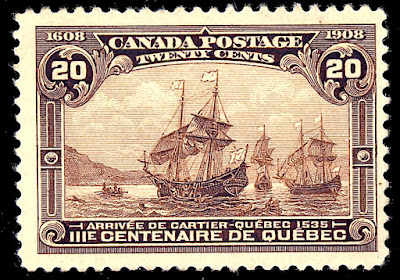
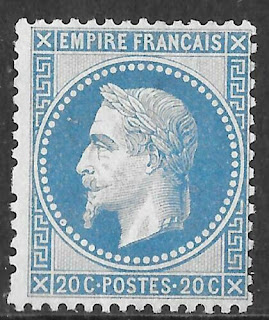

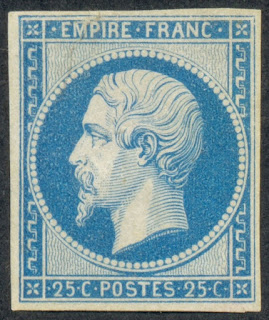

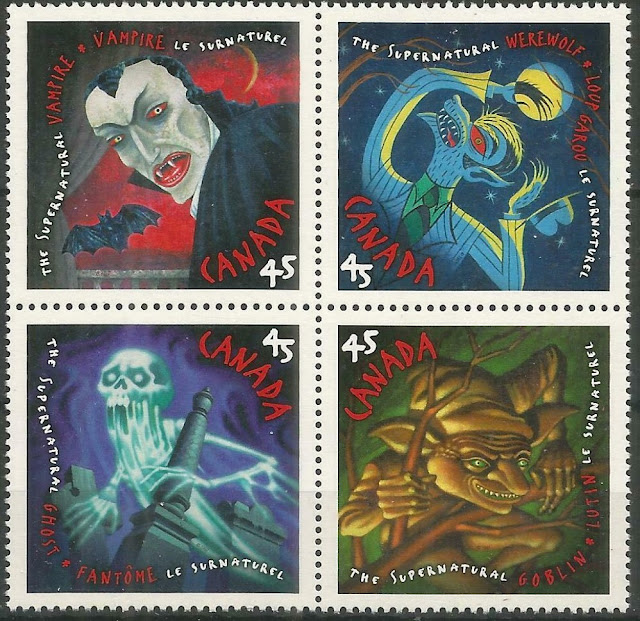


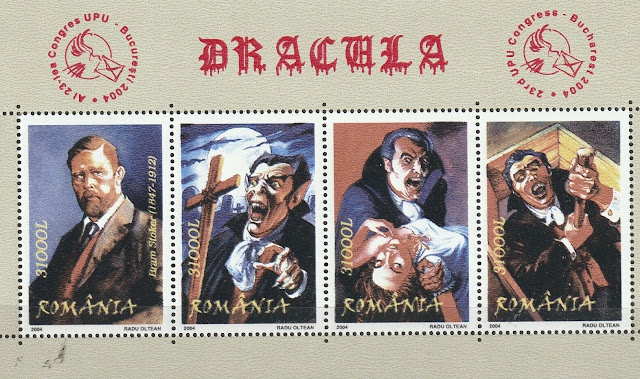

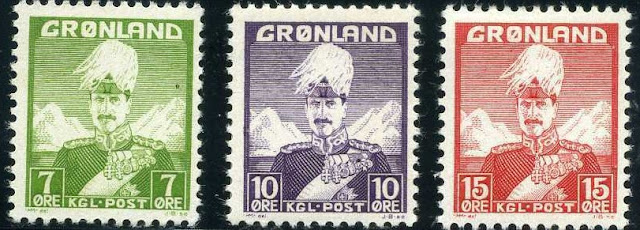
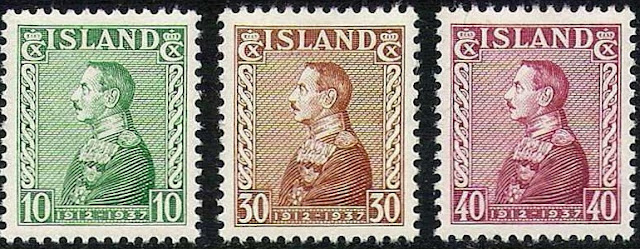
No comments:
Post a Comment